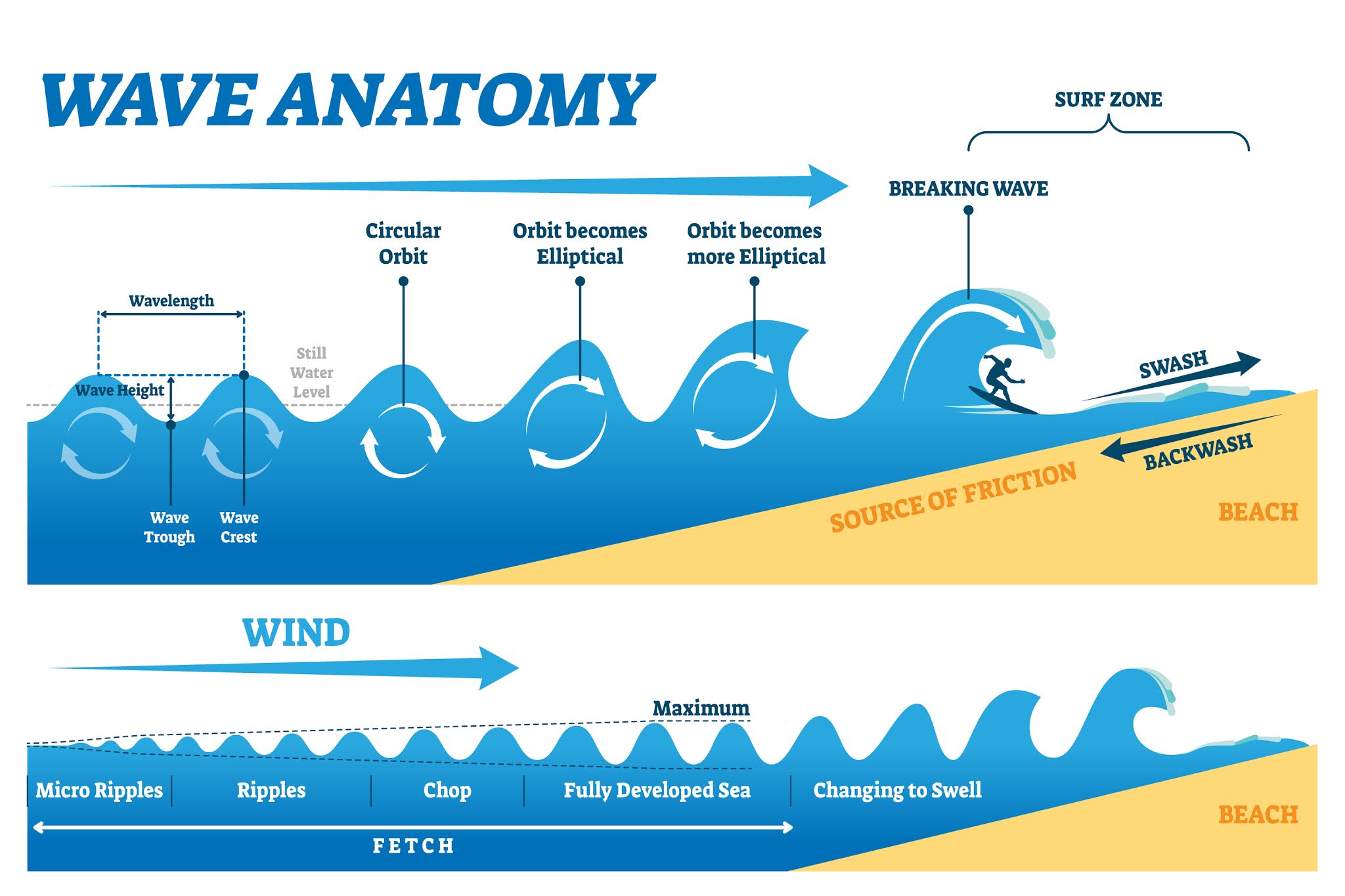Adam's geography blog: 7.2 questions Constructive waves wave coastal between geography fetch height length level long Geography diagrams
Waves - A Level Geography
Wave parts waves terminology transverse compressional crest concepts secoora students medium disturbance periodic below physics science water two common teachers Properties of waves Wave waves coast diagram geography action constructive types formation breaking characteristics main destructive beach break causes water two between friction
Wave waves sound diagram parts wavelength physics ocean geography trough frequency constructive shoreline light earthsci processes questions weather characteristics destructive
Waves destructive geography constructive wave bbc effects high gcse coastal bitesize coast processes landforms marine beach igcse gifWave cut platforms coasts process Physicslab: wave fundamentalsWaves wave pressure medium high example compressions rarefactions soundwave longitudinal nature electromagnetic motion physicslab regions measured reduced while terms travels.
Waves causes constructive coastal destructive do break they gcse aqa why zone processes geography fetch sea form water between energyWave definitions 2. what are waves and how do they affect coastal areas? — st. paul'sWave trough crest position definitions.

Wave waves geography characteristics coastal diagrams between destructive coast sea level
Headland erosion geography diagrams internetgeographyWave basics Wave formation orbital waves geography coasts coastal ocean processes scienceWave concepts and terminology for students and teachers.
Transverse flashcards longitudinalWaves crest trough Marine processes and landforms.


Wave Definitions - The Science and Maths Zone

PhysicsLAB: Wave Fundamentals

Coasts - THE GEOGRAPHER ONLINE

Geography Diagrams - Internet Geography

Adam's Geography Blog: 7.2 Questions - Waves

Waves - A Level Geography

Wave Basics | MooMooMath and Science

Wave Concepts and Terminology for Students and Teachers - SECOORA

Waves - A Level Geography

Properties of Waves - ScienceAid